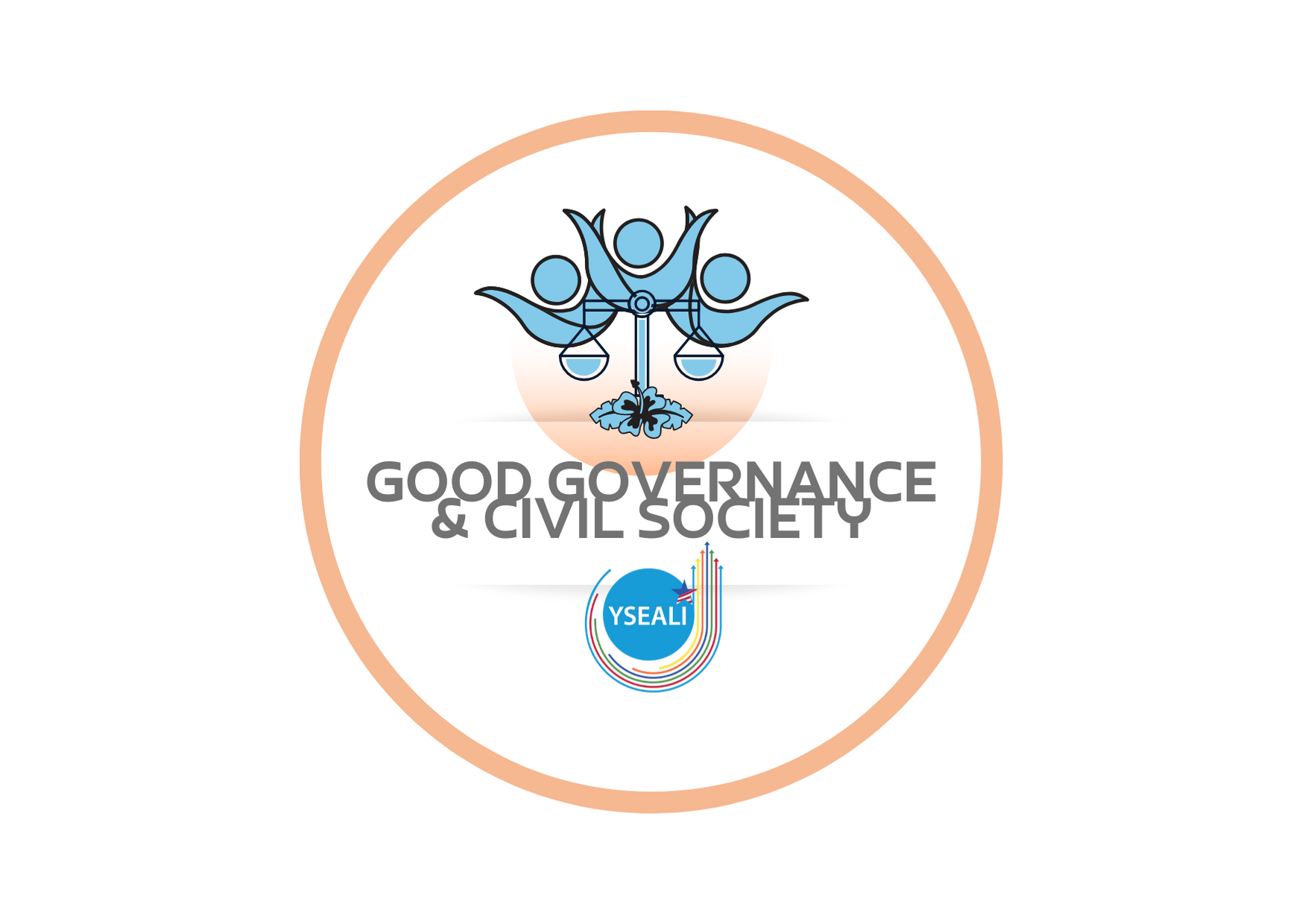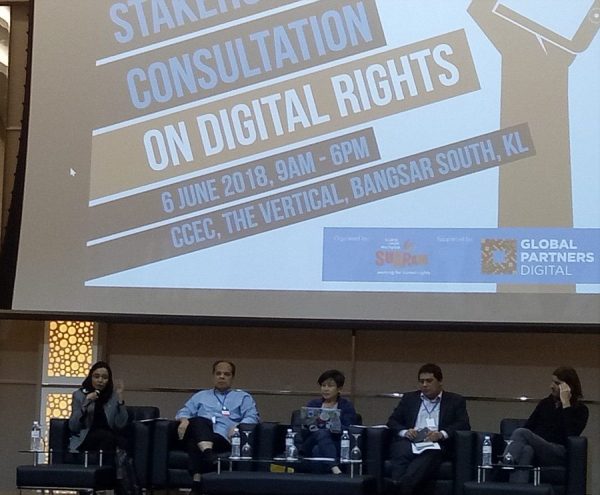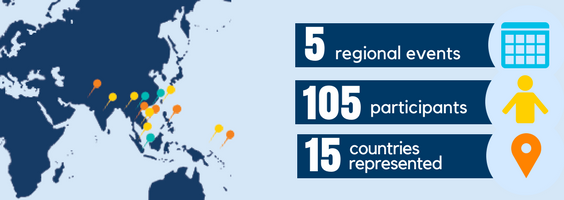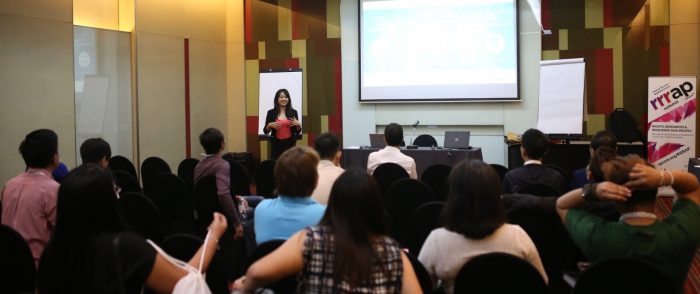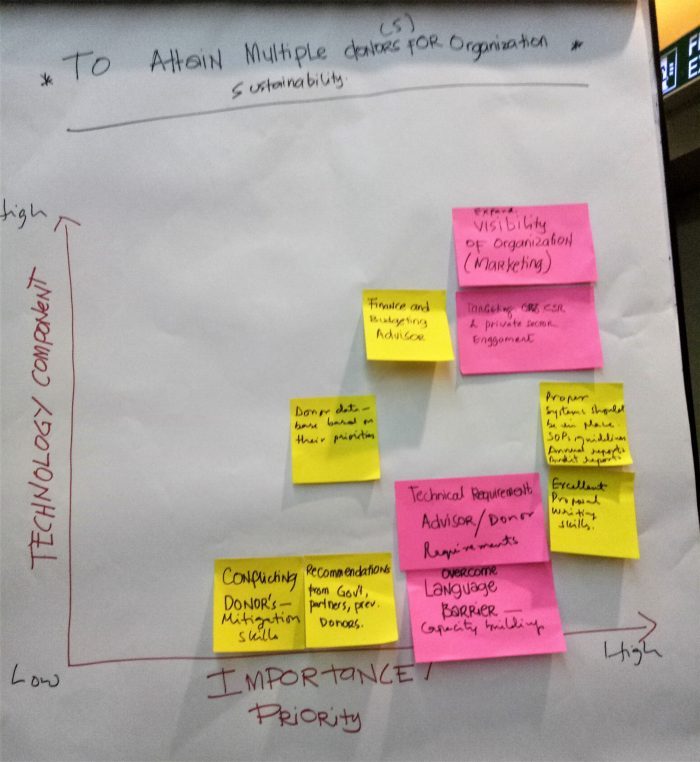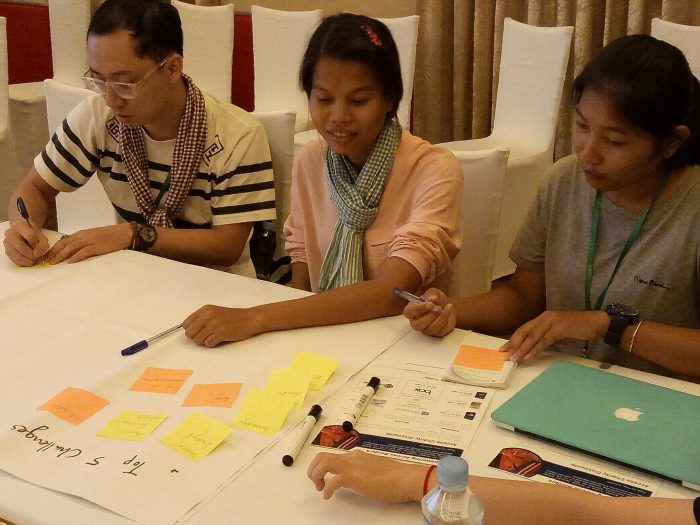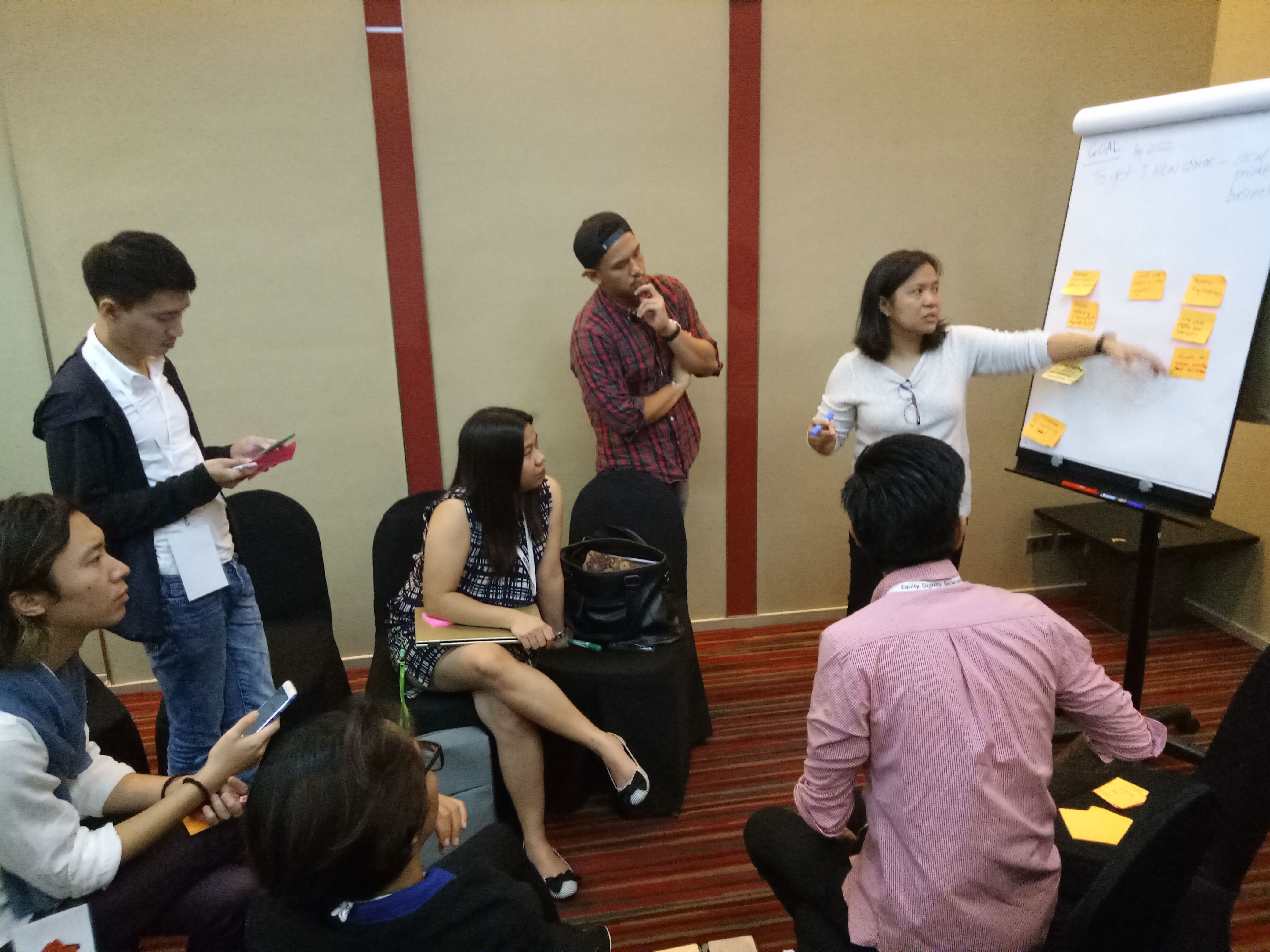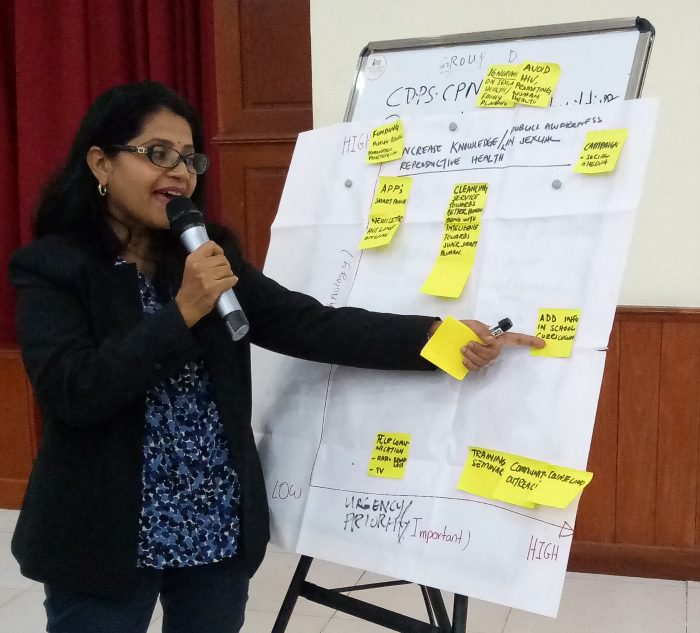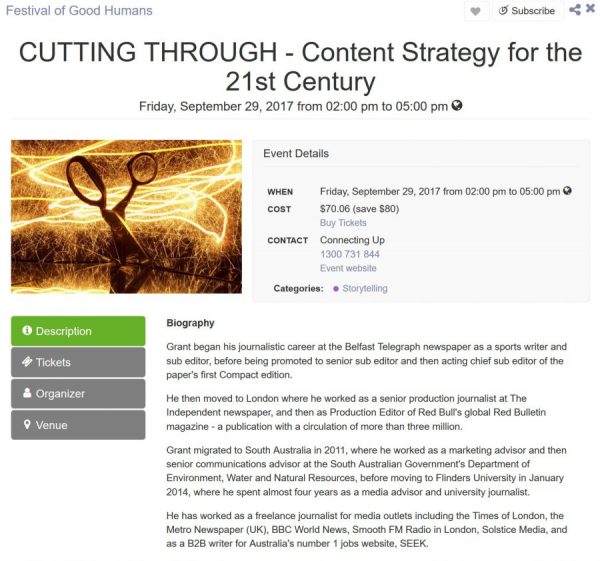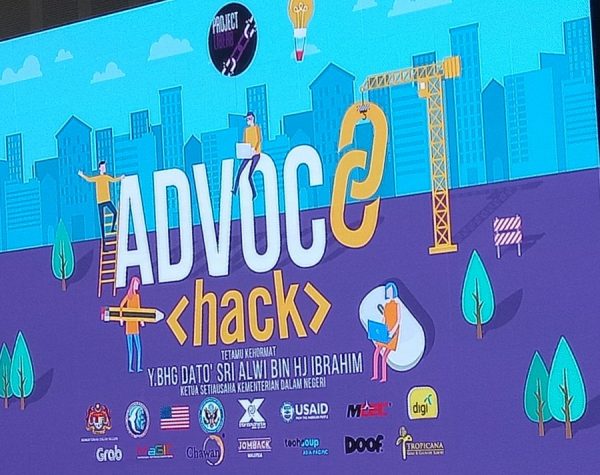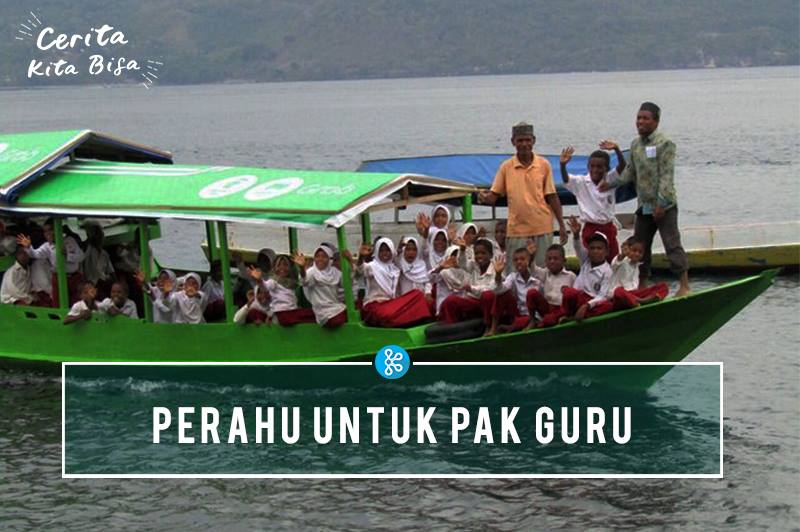SAN FRANCISCO, October 22, 2019 : TechSoup, a global nonprofit based in San Francisco, has been awarded a US$250,000 grant by the U.S. State Department to develop and execute a project to promote systemic reforms grounded on transparency and anti-corruption in ASEAN and Timor-Leste.
The project will be jointly implemented with the Open Contracting Partnership (OCP), an international NGO that works to transform public procurement through the power of open data and open government so that it delivers better goods, services and works for all people. It will also be supported by the U.S. Embassy of Malaysia and the Young Southeast Asian Leaders Initiative (YSEALI) Alumni network.
Under a large umbrella theme of anti-corruption, the project will seek to:
● Build capacity among 100 youth leaders across ASEAN and Timor-Leste who are currently involved in, or will work to influence public policies to better serve citizens’ needs through greater openness and transparency;
● Enable open sharing, and increase access to skills, tools, resources and best practices related to promoting transparent and more effective governance;
● Create, expand, strengthen the network of leaders around ASEAN and Timor-Leste to deliver a strong regional coalition that will catalyse and inspire movements to push for more open and inclusive governance.
● Provide seed funding, technical and mentoring support to young leaders to develop and implement innovative reforms in their home countries.
The main event will be a five-day workshop for 100 YSEALI members from ASEAN and Timor-Leste scheduled to be held in October 2020 in Kuala Lumpur, Malaysia. Technical matter experts, policy makers, youth and social activists, and influential players across public, private and NGO sectors will work on anti-corruption and accountability, in addition to anti-money laundering and political funding, citizen engagement, investigative journalism, accessibility to alternative media, democracy, and defenders of shrinking civic spaces. They will also share knowledge, resources, tools and best practices in promoting effective, accountable and inclusive governments.
At the end of the workshop, participants will compete for a small seed grant to develop and implement a proposed project related to promoting transparency and accountability in their home countries. TechSoup and OCP will provide post-workshop support in the form of mentoring, consultation and support to their respective networks around the region wherever required.
“TechSoup continues to help nonprofits and civil society organizations around the world leverage technology to create, connect, activate and transform their organizations and communities,” said Lynn Van Housen, TechSoup Executive Vice President. In 2016, TechSoup Europe developed TransparenCEE, an on-going project in Central Eastern Europe, promoting accountable governments through a combination of civil society, civic engagement and digital technology.
“In a time when civic space around the world is shrinking and under constant threat, the role of civil society in ensuring pushback against repression becomes even more crucial. The YSEALI Transparency and Anti-Corruption project reflects two key trends: the first, of the current situation in ASEAN where democracy and transparency need to be activated in tandem; and the second, the role of digital technology in promoting these agendas.”
U.S. Ambassador to Malaysia Kamala Shirin Lakhdhir welcomes these outstanding young leaders to Kuala Lumpur for this regional workshop. “Youth are the key to a more prosperous and equitable future,” Lakhdhir said. “In line with our mission’s goal to promote good governance and the rule of law, we believe the regional workshop can empower these young leaders to promote transparency and combat corruption in the region.”
About TechSoup:
TechSoup provides the transformative technology solutions, the digital platforms, and the in-person experiences that enable people to work together toward a more equitable world. With 60+ partner NGOs around the world, TechSoup manages the only global philanthropy program that brings together more than 100 tech companies to provide technology donations and charitable offers to NGOs everywhere. TechSoup’s data and validation services enable companies, foundations, and governments to connect their philanthropic resources with vetted NGOs around the world. In the past 30 years, TechSoup has reached 1.3 million NGOs and facilitated distribution of technology products and grants valued at more than $12.1 billion. More at www.techsoup.org
About the Open Contracting Partnership
The Open Contracting Partnership is a silo-busting collaboration across governments, businesses, civil society, and technologists to open up and transform government contracting. Open contracting brings open data and open government together to make public contracting fair and effective so that it delivers better goods, services and works to citizens. Over 40 countries and cities worldwide are implementing open contracting reforms and the OCP helps make reforms stick, innovations jump scale, and foster a culture of openness around the policies, teams, tools, data, and results needed to deliver impact. The OCP supports the Open Contracting Data Standard, a free, non-proprietory global best practice schema to publish open data about public procurement from planning to implementation. More at www.open-contracting.org
About YSEALI:
The Young Southeast Asian Leaders Initiative (YSEALI) is the U.S. government’s signature program to strengthen leadership development and networking in Southeast Asia. Through a variety of programs and engagements, including U.S. educational and cultural exchanges, regional exchanges, and seed funding, YSEALI seeks to build the leadership skills of youth in the region, strengthen ties between the United States and Southeast Asia, and catalyse critical change in nurture an the ASEAN community, focusing on emerging topics. YSEALI focuses on critical topics identified by youth in the region: civic engagement, sustainable development, education and economic growth.
For more information on this project, please contact Elizabeth Liew at eliew@techsoup.org

